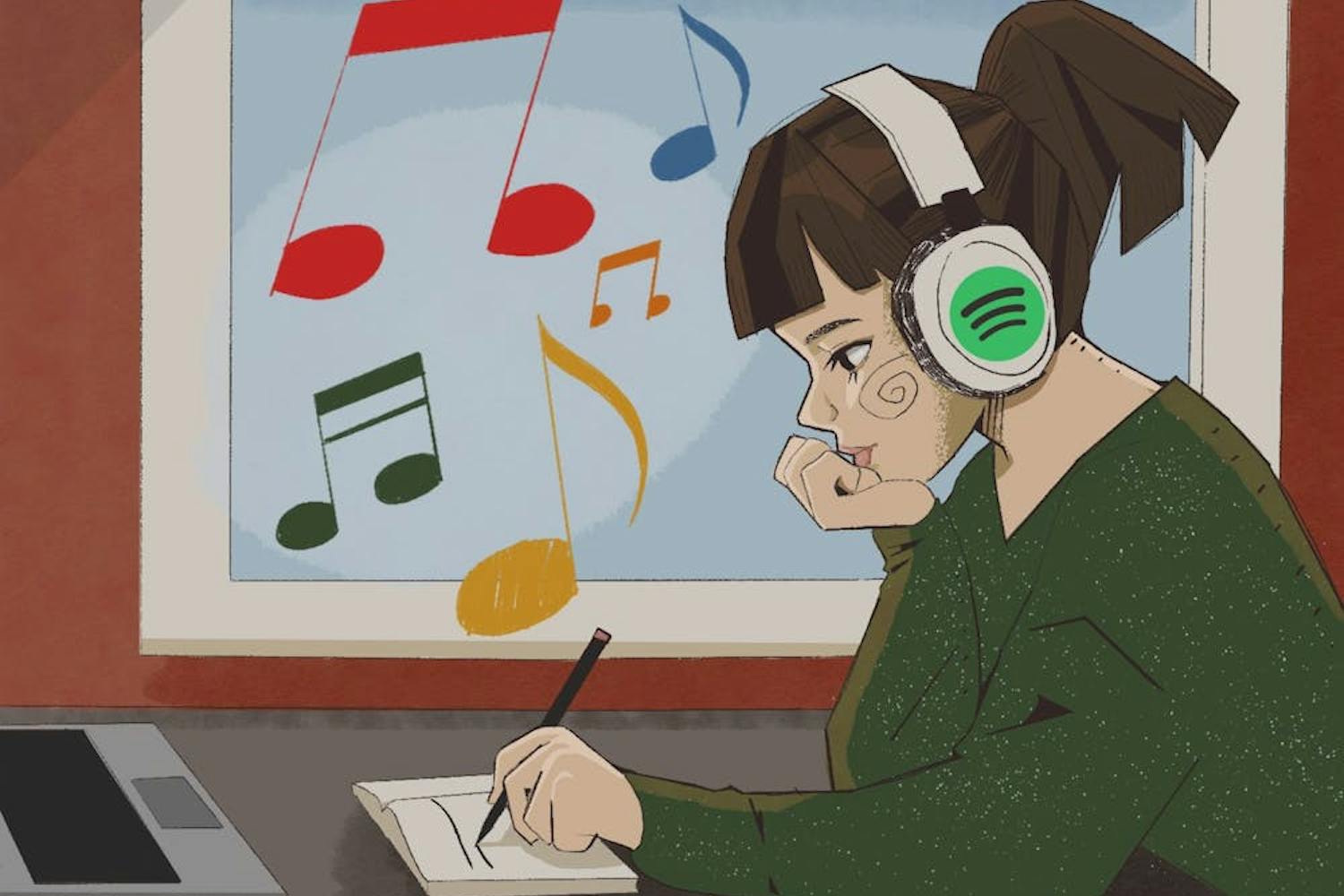After being beaten in a round of "Call of Duty" last week, a sullen teen called emergency services under the pseudonym Rafael Castillo, an 18-year-old from Long Beach. He called with the message: “I just killed my mother, and I might shoot more people,” and immediately, a SWAT team was dispatched to the location given. In reality, Rafael Castillo was not in the midst of a murderous rampage, but rather playing "Call of Duty" on his Xbox, having just beaten the false caller.
"He didn't realize anything was going on. He couldn’t hear anything," his brother, Jose, told the New York Post. Yet, right when he realized a SWAT team was at his door, he understood the situation. “I right away had an idea what it was, because I've seen it on the news.” Jose said.
This trend has been dubbed “swatting” and is becoming more and more popular in the gaming community and others. Essentially, gamers use the information listed within the game to determine the address of competitors online, and then proceed to call the cops.
I find this frightening — not only the callous ability to waste police time and money, but also the anger being manifested through games like "Call of Duty." It exemplifies the larger cowardice found in our 21st century society, where people can say and do whatever they please, because they stand hundreds of miles away behind a screen.
Indeed, the Internet as a whole is a breeding ground for negativity and insensitivity. People are becoming morally complacent because they are never forced to look into the eyes of the people they are abusing.
To top it all off, the anger exhibited behind the screen is slowly transferring to the real world. Never before have humans been subject to the kind of stimulation we are subjected to today, and the environment of constant electronic competition, where one weak link on the team means you wasted an hour, breeds hostility in the gaming world and beyond.
Yet, even the technologically unsavvy are jumping on the "swatting" bandwagon. Many celebrities' houses have been phoned in under similar circumstances, as their addresses are often public record. So far, these celebrities include Justin Timberlake, Selena Gomez, Rihanna, Ashton Kutcher, Sean Combs, Russell Brand, Ryan Seacrest, Miley Cyrus and Justin Bieber.
"Swatting" quantifies something much greater in our society, where people feel justified in harming others simply for fun. It is terrifying, and one can only hope that these people are caught and taught that there are repercussions for actions, even ones done behind a computer screen.
Reach the columnist at iagilber@asu.edu or follow him on Twitter @izzyg25
Editor’s note: The opinions presented in this column are the author’s and do not imply any endorsement from The State Press or its editors.
Want to join the conversation? Send an email to opiniondesk.statepress@gmail.com. Keep letters under 300 words and be sure to include your university affiliation. Anonymity will not be granted.



